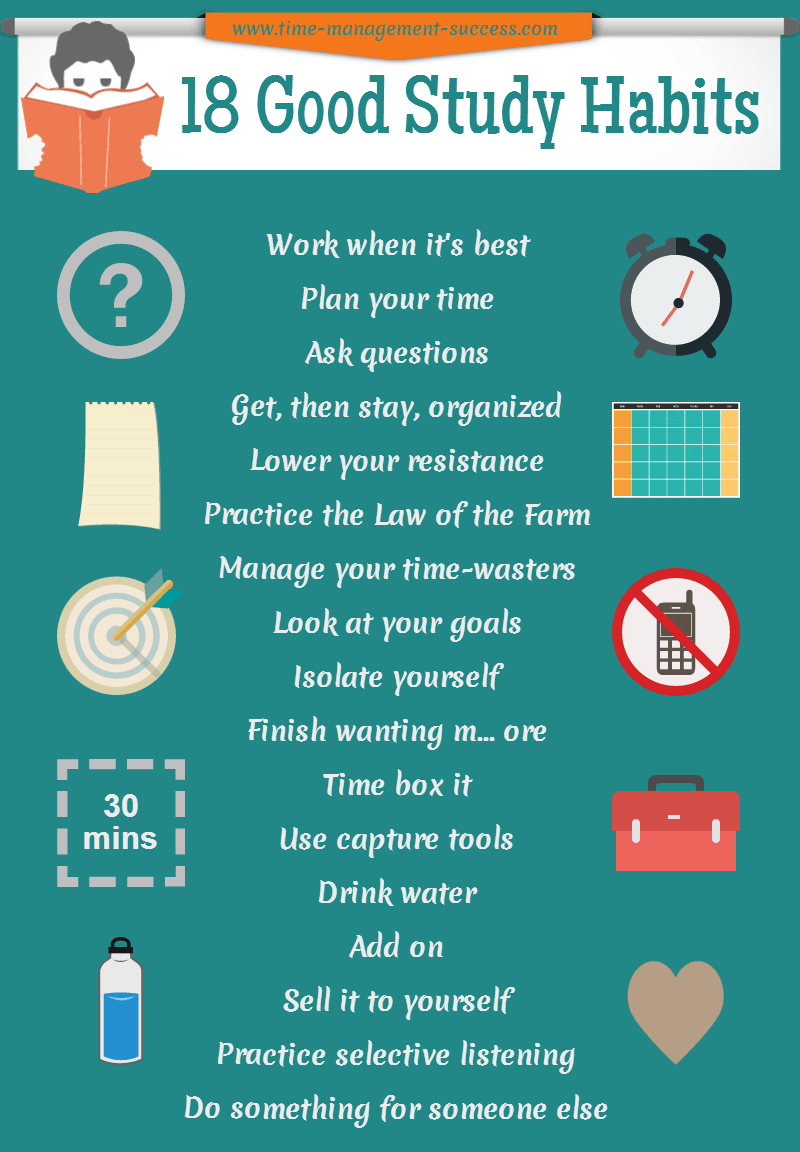Celikoglu Chronicles
Exploring insights and innovations from around the world.
Cramming for Success: Study Secrets That Actually Work
Unlock your full potential with proven study secrets that guarantee success. Cram smarter, not harder—discover tips that really work!
Top 10 Study Techniques That Actually Work for Effective Cramming
When it comes to effective cramming, employing the right study techniques can make all the difference. Here are the top 10 study techniques that actually work:
- Active Recall: Test yourself regularly on the material instead of just passively reading it.
- Spaced Repetition: Use spaced intervals to reinforce your memory and prevent forgetting.
- Pomodoro Technique: Break your study time into intervals, typically 25 minutes long, followed by a short break.
- Mind Mapping: Create visual diagrams to organize information and show relationships between concepts.
- Chunking: Break the material into smaller, manageable sections to make it easier to remember.
In addition to the above methods, don’t forget to incorporate these techniques for a well-rounded approach:
- Mnemonics: Create acronyms or rhymes to remember complex information.
- Study Groups: Collaborate with peers to exchange knowledge and clarify doubts.
- Teach Back Method: Explain the material to someone else to reinforce your own understanding.
- Flashcards: Utilize flashcards for quick review sessions and test your knowledge.
- Healthy Lifestyle: Don’t underestimate the power of good nutrition, sleep, and exercise in optimizing your brain function for effective study.

How to Create the Ultimate Study Schedule for Last-Minute Success
Creating a study schedule is crucial, especially when time is running out. To develop the ultimate study schedule for last-minute success, start by assessing the subjects you need to cover. List them in order of priority based on upcoming exams, and allocate specific time slots for each subject. A great strategy is to use a time-blocking method; this means breaking your study periods into manageable chunks, typically 25-50 minutes, followed by short breaks. This approach not only enhances focus but also aids in retention.
Once you have your subjects prioritized, create a flexible study plan. Use a digital calendar or a planner to mark out your study sessions. Include review days where you go over what you've learned to reinforce your understanding. Remember to incorporate ample time for meals and sleep, which are essential for optimal brain function. Lastly, be sure to adjust your plan as needed; flexibility can make all the difference in achieving that last-minute success!
Cramming Myths Busted: What Really Helps You Retain Information
Cramming, often seen as a quick fix for last-minute studying, is surrounded by numerous myths. Many believe that this intense memorization technique can lead to effective retention of information. However, research has consistently shown that cramming is counterproductive. Instead of consolidating knowledge, it often results in superficial understanding and quick forgetting. To truly retain information, it's essential to adopt efficient study practices that promote long-term memory, such as spaced repetition and active recall.
So, what really helps you retain information? Understanding the material is crucial, as it creates a meaningful connection with the information being learned. Here are some effective strategies for better retention:
- Break down the material: Divide information into manageable chunks to avoid overwhelm.
- Use visual aids: Diagrams, charts, and mind maps can enhance understanding.
- Teach it to someone else: Explaining concepts solidifies your own understanding.